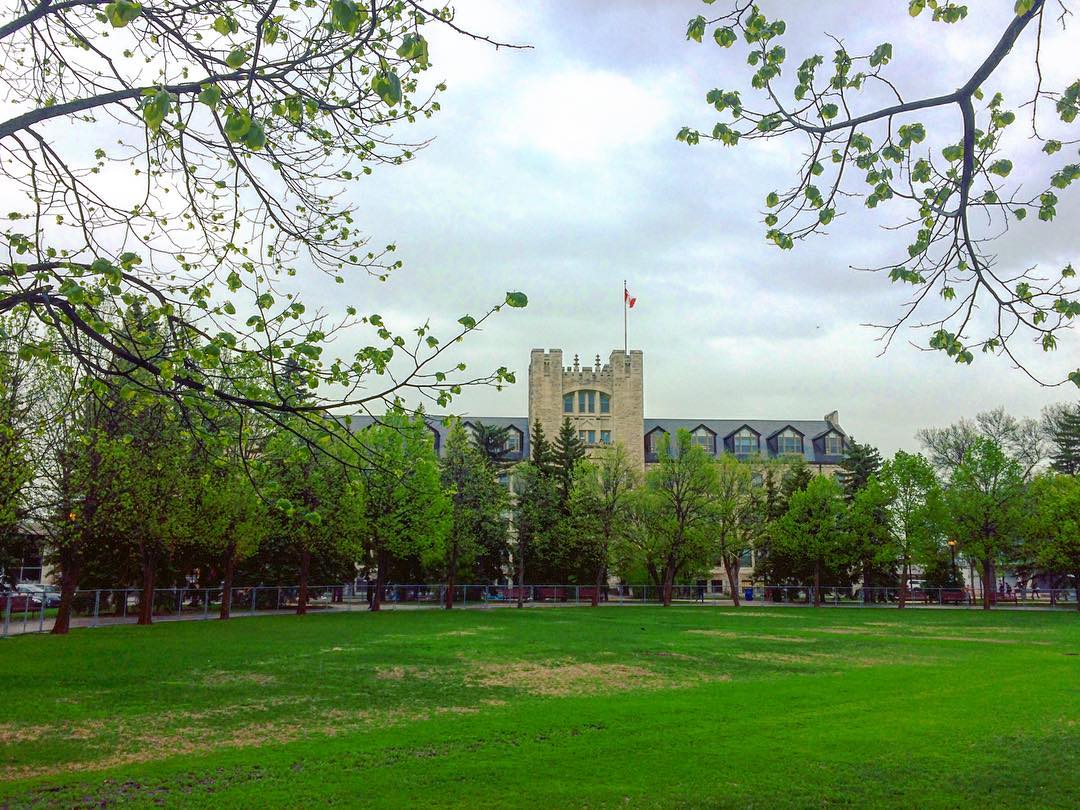
President’s message on becoming an anti-racist community
We often see racism in headlines. The killing of George Floyd; the shooting in a Quebec City mosque; missing and murdered Indigenous women; and the recent attack on eight Atlanta women, six of whom were Asian. We should respond to these heinous crimes with outrage. We should allow them to inspire us to demand and create change. And we must also acknowledge that the complicated, systemic injustices related to other aspects of our democracy do not always lend themselves to selling newspapers, but they are just as real.
Our commitment must be to closely examine our past, current, and future actions to ensure that we are working towards the dismantling of racism in all its forms. And this change cannot be merely symbolic. Universities, like UM, must work in unity together to achieve this. I am honoured to be part of a community of leaders who demonstrate a sincere commitment to this effort – and I look forward to the progress we will make together going forward.
I also applaud the City of Winnipeg for declaring this week of March 21 to 27 Anti-Racism Week. I hope it will spark meaningful conversations about identifying and eliminating systemic racism and inspire people to take action towards being an anti-racist. What does that mean?
“To be anti-racist,” historian Ibram X. Kendi recently said, “is to actually say, you know what… that policy that has impoverished [that] community disproportionately, that was a racist policy and I supported it. And when I supported it, I was being racist. But I’m going to change.”
Part of what attracted me to return to UM as president was the clear commitment in the UM community to eliminate systemic racism. The President’s Task Force on Equity, Diversity, and Inclusion is completing an action plan, informed by our community, that will transform our campus in the coming years. Dr. Catherine Cook, UM’s first Vice-President (Indigenous), is also incorporating Indigenous ways of knowing into all we do and working to embed Indigenous leaders in every part of the University. And following the leadership of the Rady Faculty of Health Sciences, UM is developing an anti-racism policy that clearly defines the various expressions of racisms and provides an accountability framework for eliminating these forms of racism on our campuses.
I welcome us all to engage this week. Explore the workshops hosted by the City, UM’s new “Dismantling Racism” workshop, and the new “Our Path to Reconciliation” workshop.
Education is a crucial first step to unravelling the complex challenges we must face together. It empowers us to become an anti-racist community. There is a lot of hard work to be done, and we will do it together, for everyone.
Thank you,
Michael Benarroch






